Interdisciplinary Workshop : “Possibilities and Limitations of Socio-Religious Community and Identity Formation in the 18th and 19th Century Moravian Church”
July 27–28, 2023, University of Hamburg (Germany)
DUE: AUG 31, 2022
The interdisciplinary workshop (what the U.S. would call a “conference”) will explore both the possibilities and limitations of a collective Moravian understanding of community in different social, institutional and cultural contexts.
In the 18th and 19th centuries, the Moravian Church set itself apart from both confessional churches and other pietist movements by the strong sense of collective identity it fostered among its members. Moravian identity was shaped and maintained through an all-encompassing church and social structure which regulated many areas of life – family and work, cultural activity and piety. During the years of increasing missionary activity and worldwide expansion, church leadership increasingly unified and controlled these forms of religious, cultural and social community formation.
Although researchers from different disciplines have already studied this phenomenon, they have rarely explored how viable the ideal of a universal Moravian identity, untouched by competing ethnic or cultural ties, was in the face of extensive exchange with the wider world. Global missionary endeavor, the expansion of Moravian settlements and artistic projects all required the transfer of ideas, aesthetics and people across continents. In the 19th century, the idea of a homogeneous church structure was challenged by nation building and the rise of national churches.
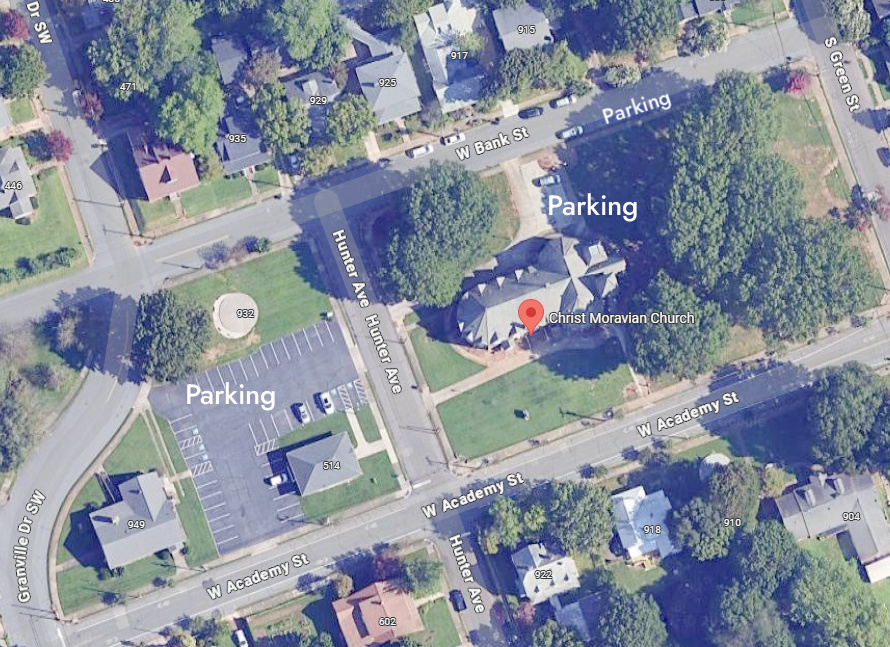
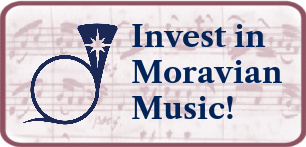

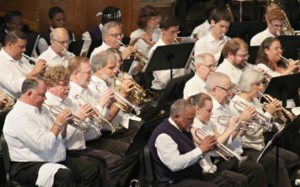
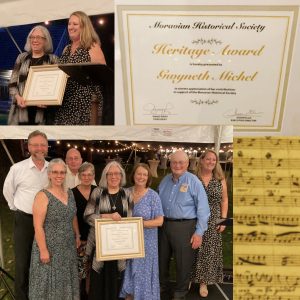
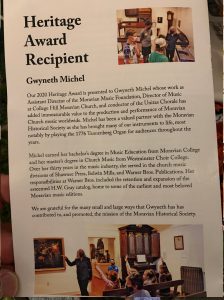
Leave a Reply